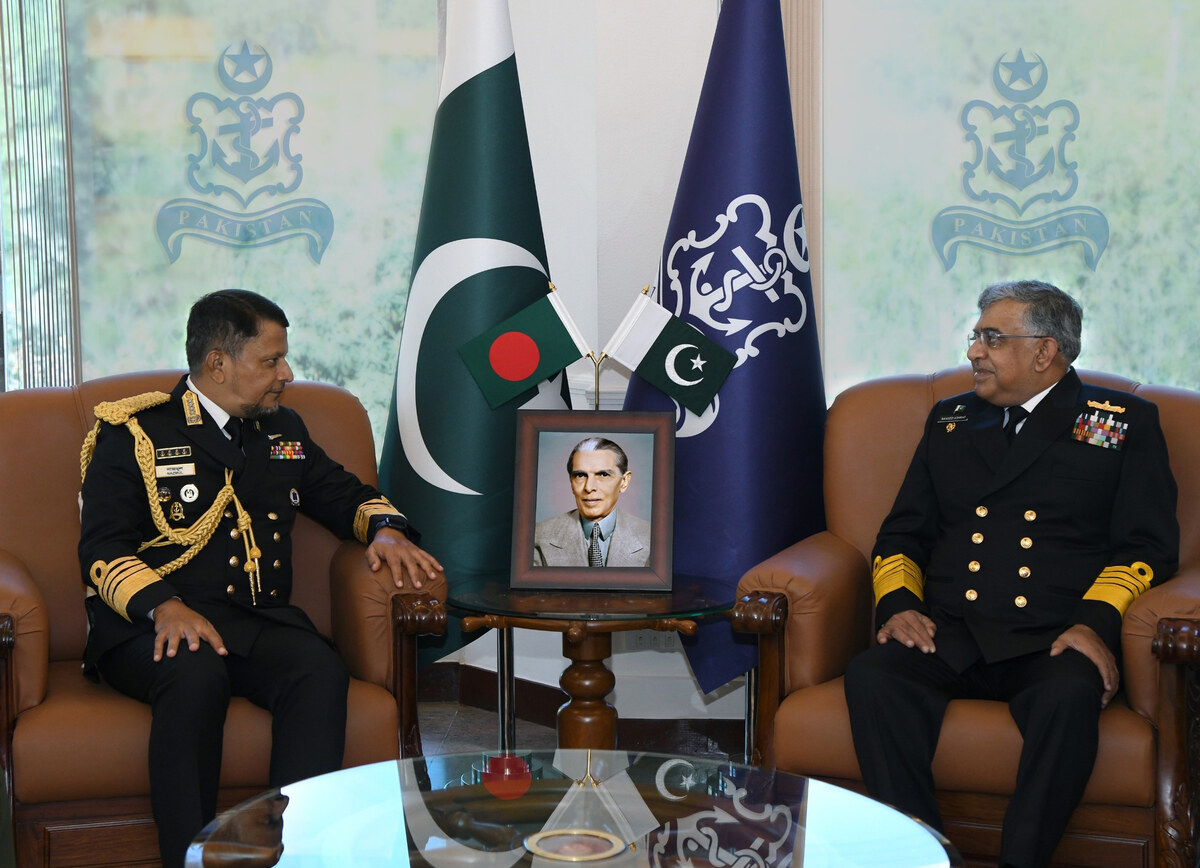KARACHI: The All Pakistan Fruit and Vegetable Exporters Association said on Thursday there was a “significant reduction” in mango production for a third consecutive year due to climate change, which meant the country may not be able to meet its export targets.
The Association has set a target of 100,000 metric tons of mango exports in the current season, with exports expected to start from May 20 with a focus on China, America, Turkiye, Japan, Iran, Afghanistan and Central Asia.
“The impact of climate change is having a pronounced negative impact on mango orchards in Pakistan, leading to a significant reduction in production and due to non-availability of export quality mangoes, the export target could not be attained last year as well,” Waheed Ahmed, patron-in-chief of the All Pakistan Fruit and Vegetable Exporters Association, said in a statement.
“This year the export target has been set at 100,000 metric tons, whereas last year the export target was 125,000 metric tons but the export of mango remained at 100,000 metric tons.”
Pakistan produces around 1.8 million metric tons of mangoes annually, of which 70 percent are produced in Punjab province, 29 percent in Sindh and one percent in Khyber Pakhtunkhwa.
“This year, due to weather effects, the production of mango in Punjab is 35-40 percent, while in Sindh it is less than 20 percent and thus the total production is feared to be reduced by 0.6 million metric tons,” Ahmed said. “This estimate was made at the start of production and is likely to increase further as the season progresses.”
With an export target of 100,000 metric tons of mangoes during the current season, Pakistan could earn foreign exchange of $90 million, Ahmed said, adding that the sector, including mango processing, packaging and warehousing, was an over Rs100 billion industry that provided employment to millions of people.
“The sector is facing problems due to significant increases in costs of electricity, gas, transportation, garden maintenance, pesticides and water management, making it difficult to compete for exports,” Ahmed said.
“The effects of climate change have emerged as the biggest threat to mango production, which can well be gauged from the fact that mango production has declined for the third year in a row.”
Ahmed said long winters, rains and hail, combined with severe heat waves, had changed the pattern of agricultural diseases in Pakistan:
“There is certainly a lack of serious efforts at the federal and provincial levels to protect the agricultural sector from the effects of climate change, particularly through research enabling the orchards of mangoes and other fruits to develop sufficient endurance to sustain against the tough weather conditions and reduction in disease resistance. Research-based solutions must be found urgently to address this, otherwise mango production and export will be at risk.”
The association called on federal and provincial agricultural research centers to work on an emergency basis to help farmers deal with the effects of climate change.
“In order to continue the production and export of mangoes, it is imperative to develop new varieties of mangoes that are compatible with the climatic changes in Pakistan,” Ahmed said.
“Similarly, prevention of diseases and supply of suitable agricultural pesticides are also needed to minimize the effects of climate change.”
Climate change effects reduce Pakistan mango production for third consecutive year — union
https://arab.news/8xugh
Climate change effects reduce Pakistan mango production for third consecutive year — union

- Export target for mangoes reduced from last year’s 125,000 metric tons to 100,000
- Union calls on government to develop new mango varieties compatible with climate change


















